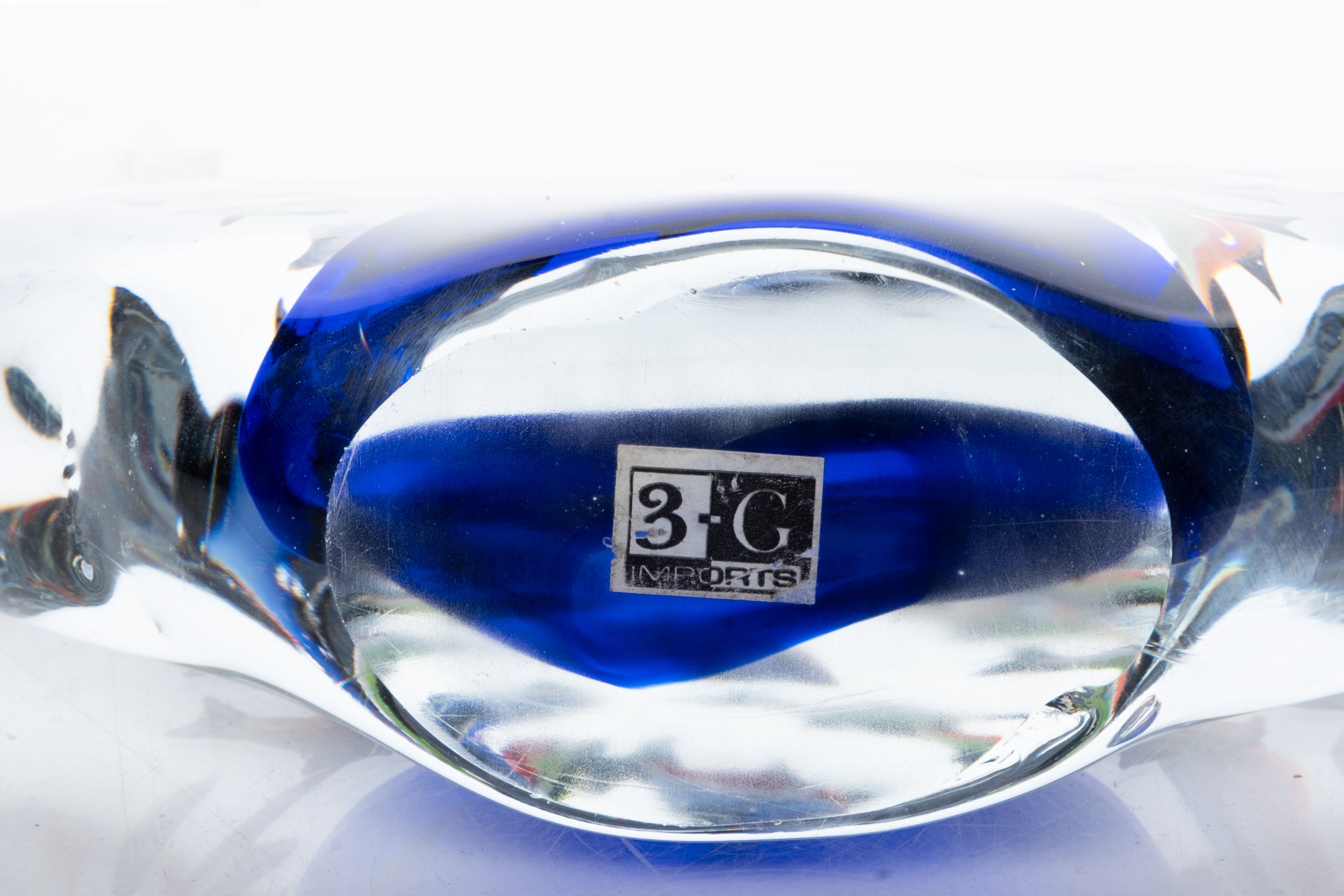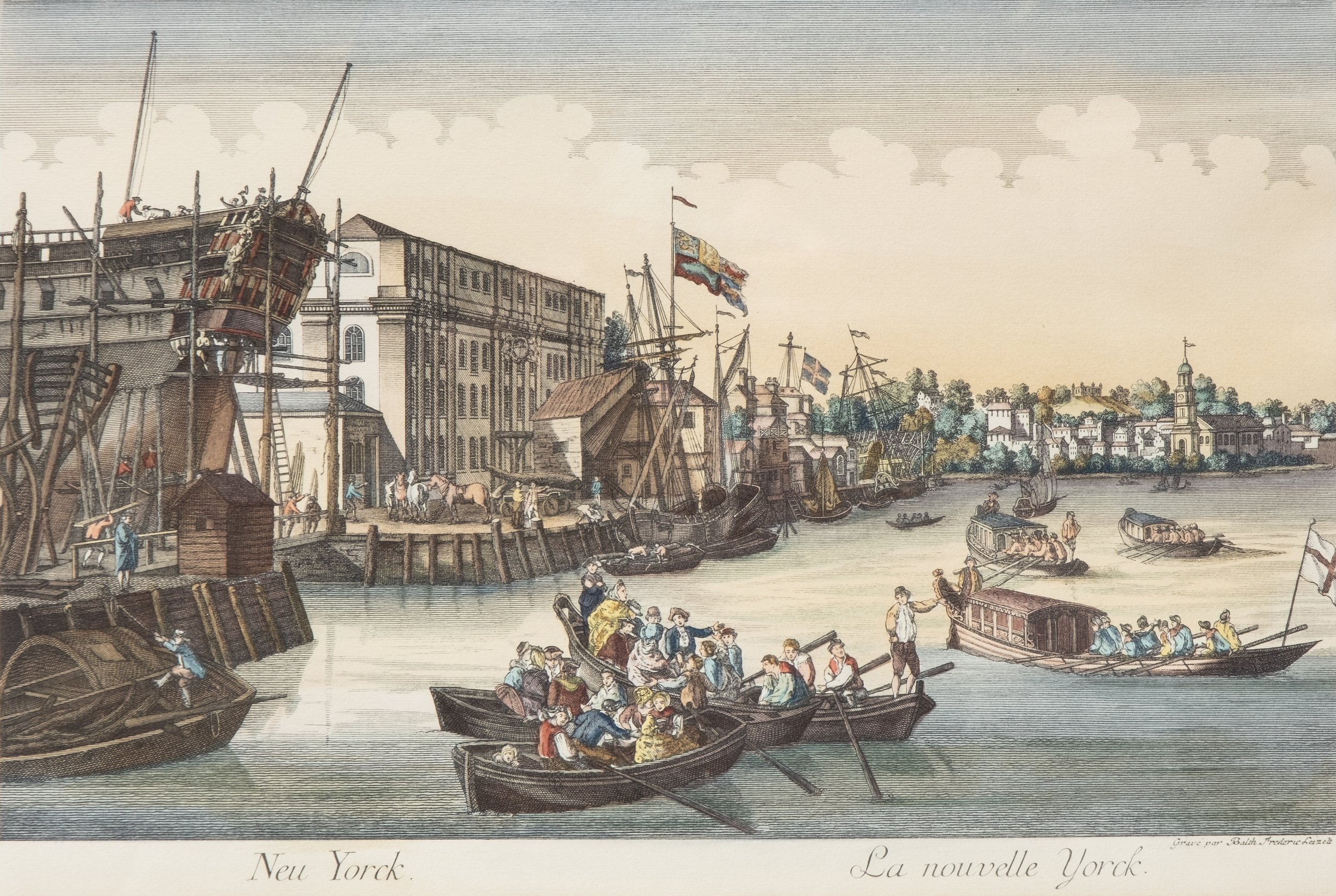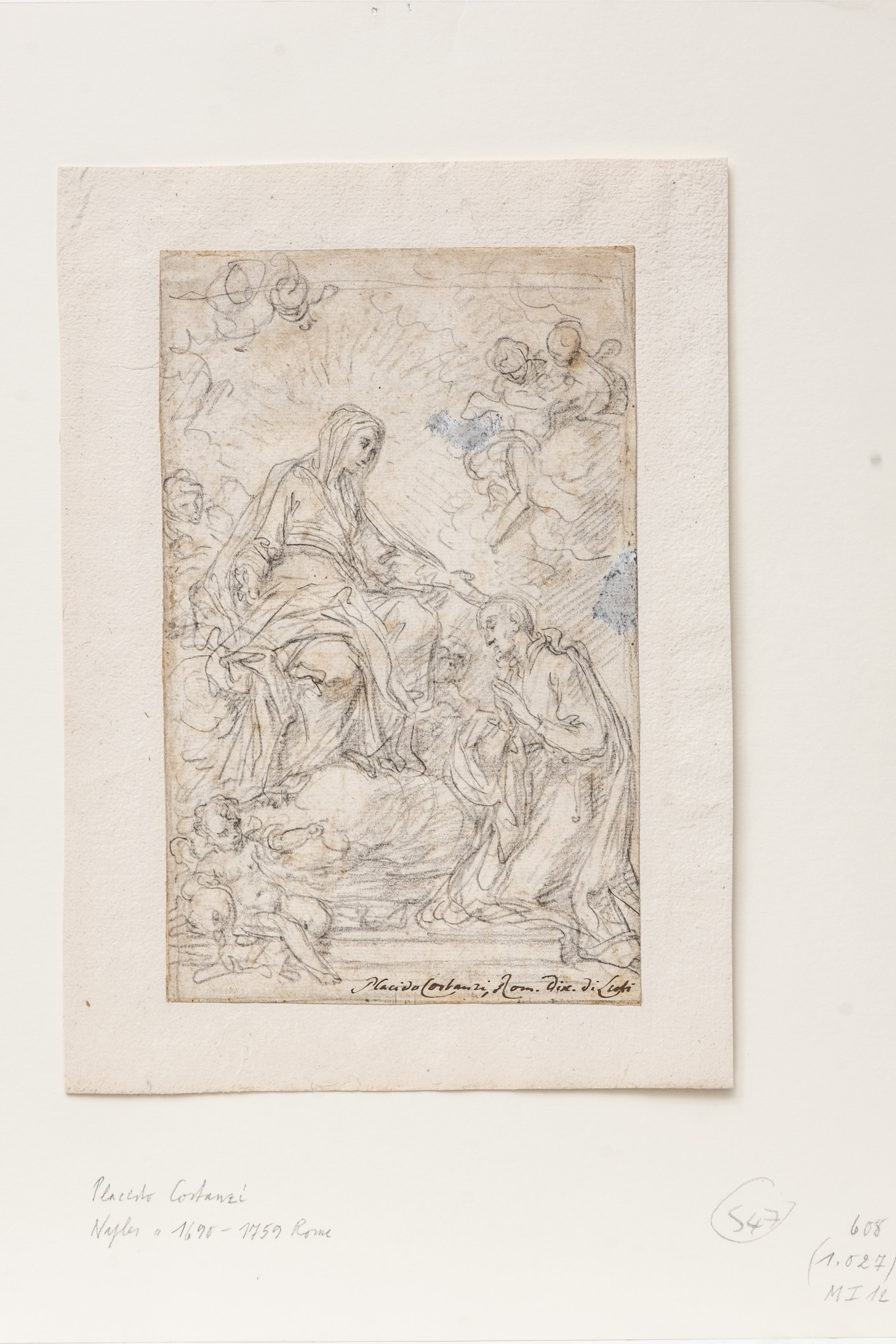 Image 1 of 6
Image 1 of 6

 Image 2 of 6
Image 2 of 6

 Image 3 of 6
Image 3 of 6

 Image 4 of 6
Image 4 of 6

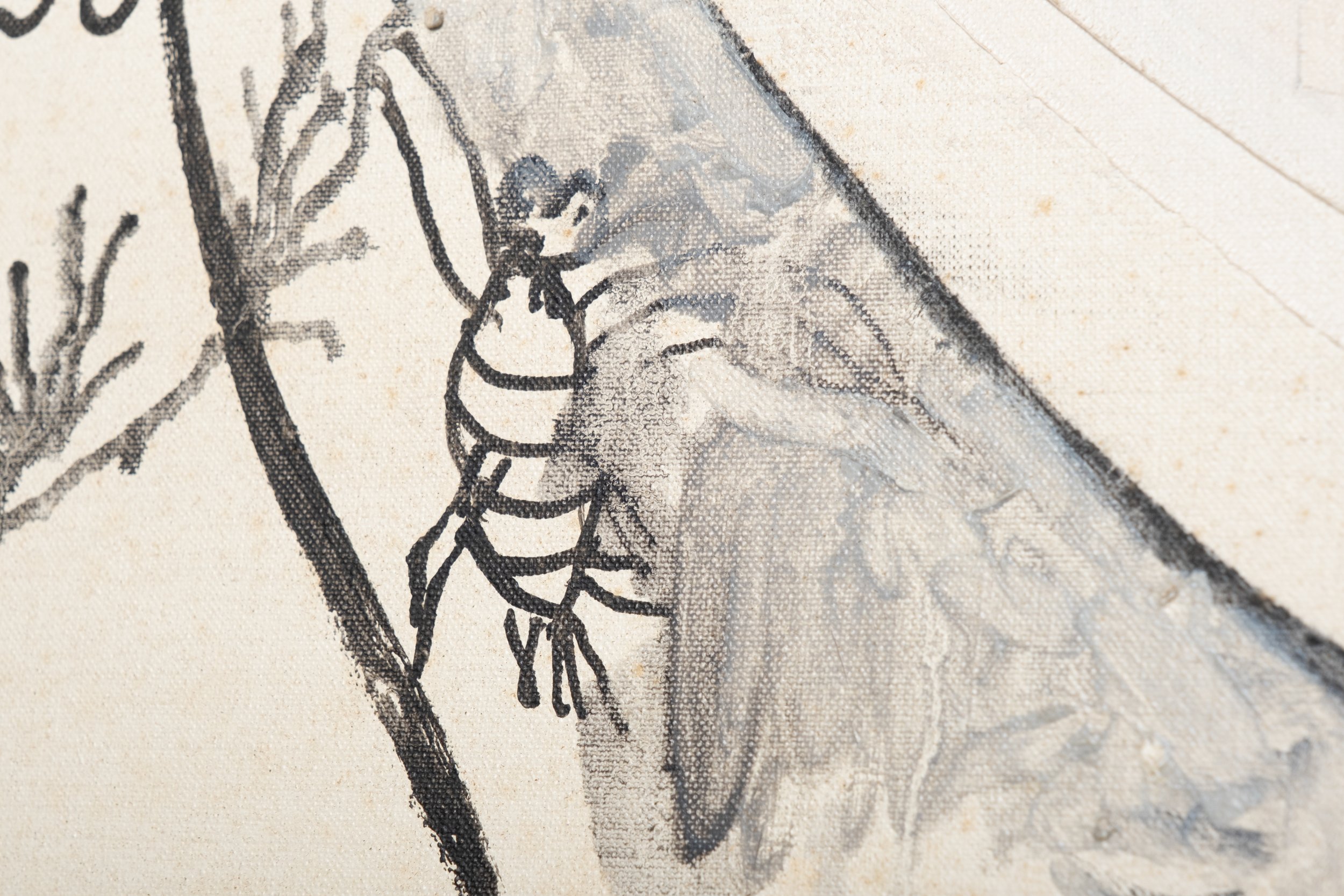 Image 5 of 6
Image 5 of 6

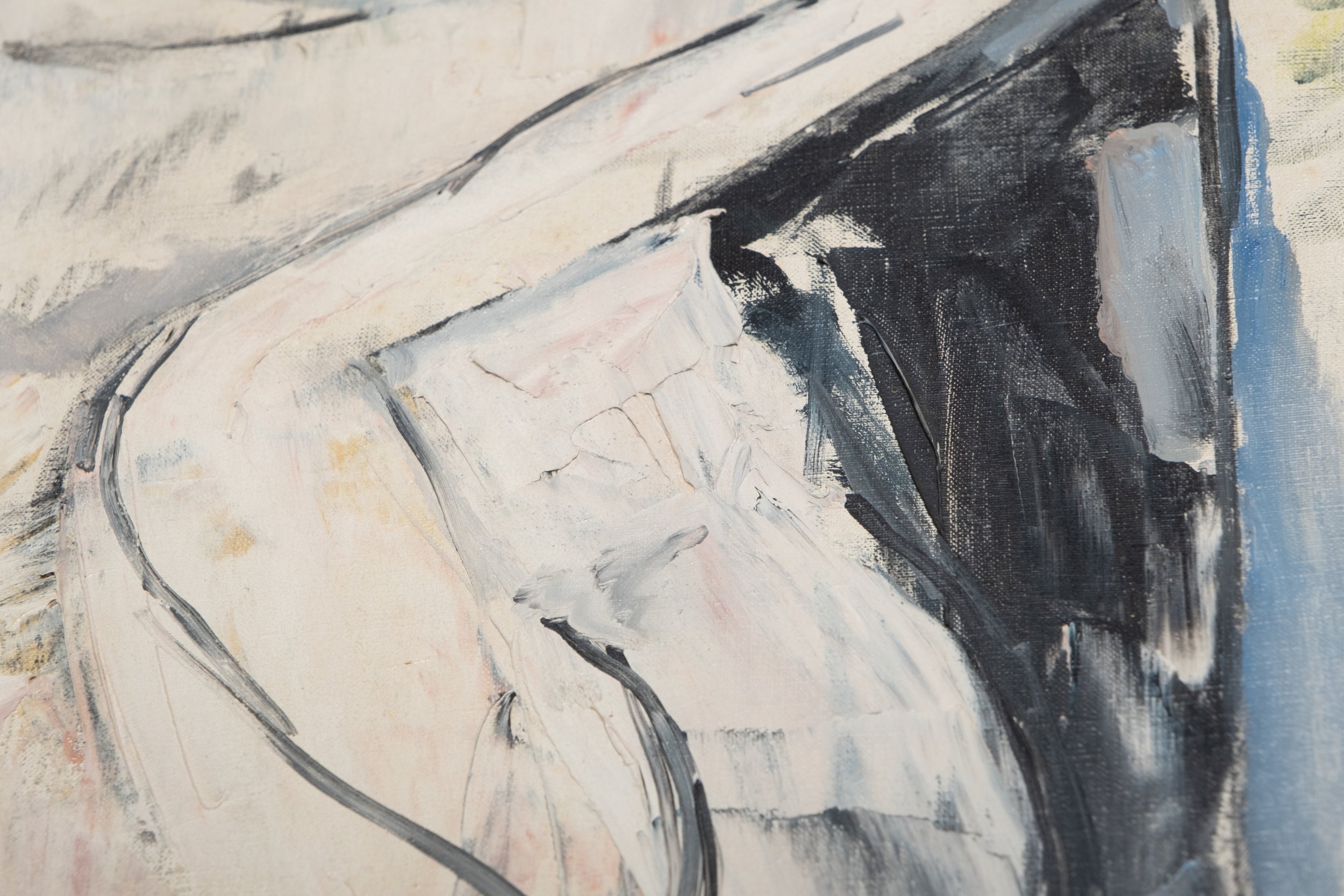 Image 6 of 6
Image 6 of 6







Signed Philip Evergood Oil on Canvas Painting
Large Signed. Philip Howard Blashki Evergood (1901 - 1973) Oil on Canvas Painting. The Painting depicts a Young Woman Amidst Fowers signed lower left. Evergood is known for his social surreal genre and abstraction painting. Raised in London, England where he moved in 1909 with his parents, until 1923. He studied at Eton and Cambridge University. Returning to New York, he was a student of George Luks and William von Schlegell at the Art Students League.
From 1924 to 1926, he traveled in Europe and studied in Paris at the Academie Julian and again lived abroad from 1929 to 1931. He was especially influenced by the Spanish artist El Greco. During the 1930s, he was a muralist for the W.P.A. in the Federal Art Project, and his mural work includes The Story of Richmond Hill for the library in that part of New York City, and another work, Cotton from Field to Mill for the Post Office in Jackson, Georgia. In 1937, his painting, Art on the Beach, which was part of his solo exhibition at the National Gallery of Melbourne, caused a riot led by some academics who were furious about the paintings modernist style. Sir John Longstaff, Australian artist, went to the defense of Evergood, and helped raise money for the subsequent gift of the painting to Melbourne's National Gallery. In the 1940s, Evergood distanced himself from political and social issues to figures that were more fanciful and free seeming.
60" High x 30" Wide
Large Signed. Philip Howard Blashki Evergood (1901 - 1973) Oil on Canvas Painting. The Painting depicts a Young Woman Amidst Fowers signed lower left. Evergood is known for his social surreal genre and abstraction painting. Raised in London, England where he moved in 1909 with his parents, until 1923. He studied at Eton and Cambridge University. Returning to New York, he was a student of George Luks and William von Schlegell at the Art Students League.
From 1924 to 1926, he traveled in Europe and studied in Paris at the Academie Julian and again lived abroad from 1929 to 1931. He was especially influenced by the Spanish artist El Greco. During the 1930s, he was a muralist for the W.P.A. in the Federal Art Project, and his mural work includes The Story of Richmond Hill for the library in that part of New York City, and another work, Cotton from Field to Mill for the Post Office in Jackson, Georgia. In 1937, his painting, Art on the Beach, which was part of his solo exhibition at the National Gallery of Melbourne, caused a riot led by some academics who were furious about the paintings modernist style. Sir John Longstaff, Australian artist, went to the defense of Evergood, and helped raise money for the subsequent gift of the painting to Melbourne's National Gallery. In the 1940s, Evergood distanced himself from political and social issues to figures that were more fanciful and free seeming.
60" High x 30" Wide
Large Signed. Philip Howard Blashki Evergood (1901 - 1973) Oil on Canvas Painting. The Painting depicts a Young Woman Amidst Fowers signed lower left. Evergood is known for his social surreal genre and abstraction painting. Raised in London, England where he moved in 1909 with his parents, until 1923. He studied at Eton and Cambridge University. Returning to New York, he was a student of George Luks and William von Schlegell at the Art Students League.
From 1924 to 1926, he traveled in Europe and studied in Paris at the Academie Julian and again lived abroad from 1929 to 1931. He was especially influenced by the Spanish artist El Greco. During the 1930s, he was a muralist for the W.P.A. in the Federal Art Project, and his mural work includes The Story of Richmond Hill for the library in that part of New York City, and another work, Cotton from Field to Mill for the Post Office in Jackson, Georgia. In 1937, his painting, Art on the Beach, which was part of his solo exhibition at the National Gallery of Melbourne, caused a riot led by some academics who were furious about the paintings modernist style. Sir John Longstaff, Australian artist, went to the defense of Evergood, and helped raise money for the subsequent gift of the painting to Melbourne's National Gallery. In the 1940s, Evergood distanced himself from political and social issues to figures that were more fanciful and free seeming.
60" High x 30" Wide



